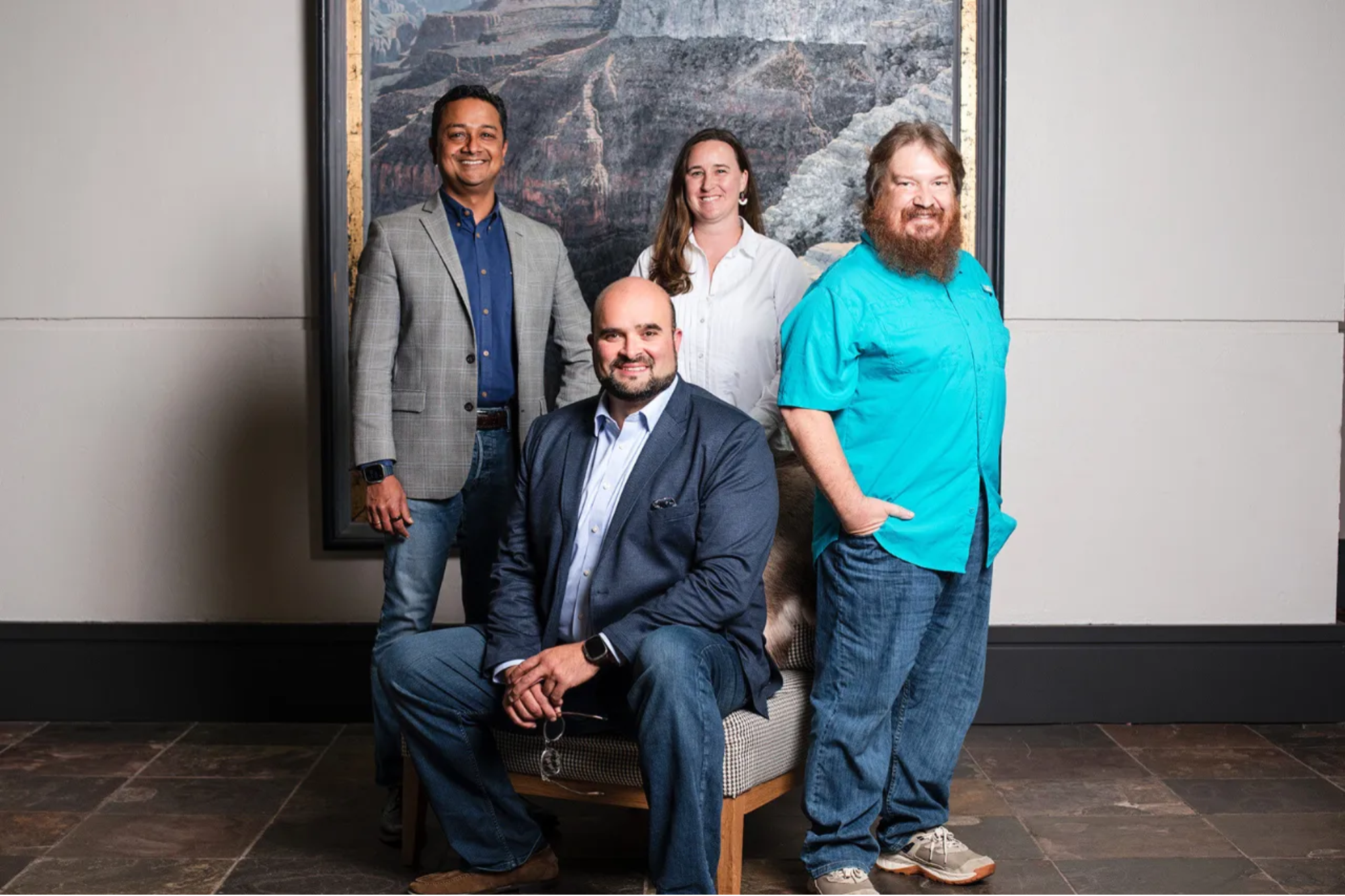Global High-Net-Worth Population Declines, What It Means? This is the steepest decline in ten years triggered by geopolitical and macroeconomic uncertainty
Opinions expressed by Entrepreneur contributors are their own.
You're reading Entrepreneur India, an international franchise of Entrepreneur Media.

The global high-net-worth-individual (HNWI) population dropped by 3.3 per cent to 21.7 million in 2022, while the value of its wealth decreased by 3.6 per cent to $83 trillion. This is the steepest decline in ten years triggered by geopolitical and macroeconomic uncertainty, reveals a study by Capgemini: The World Wealth Report.

The ultra-HNWI population traditionally flourishes during growth years but, in keeping with 2022 downward trends, it fell by 4.6per cent – a stark contrast to 2021's 9.6 per cent growth. The mid-tier millionaire band declined by 3.8 per cent in both wealth and population. The millionaires next door population fell 3.3 per cent, while their wealth fell 3.4 per cent. Although the mid-tier millionaires wealth band shrank the most in wealth on a percentage basis, ultra-HNWIs lost the most financial wealth in terms of absolute value in 2022.
Despite economic uncertainty, where only 23 per cent of HNWIs declared having generated more returns from ESG-related assets, they still express a continued interest in ESG products with 41 per cent of survey respondents rating investing for ESG impact as a top priority. As many as 63 per cent of HNWIs report they had requested ESG scores for their assets.
The current lack of digital tools is limiting relationship managers from delivering timely financial advice and value-added expertise, impacting their bottom line, the report added. "On average, only one in three executives ranked their firm's end-to-end digital maturity as high. Furthermore, 45 per cent said the cost per relationship manager is rising, driven primarily by wealth value chain inefficiencies," the report quoted.
"Wealth management firms are at a critical inflection point as the macroenvironment is forcing a shift in mindset and business models to drive sustainable revenue growth. Agility and adaptability are going to be key for high-net-worth individuals as their attention gears towards wealth preservation. The industry will need to fortify value, empower relationship managers, and unlock new growth opportunities to remain relevant," said Nilesh Vaidya, global head of banking and capital markets, Capgemini.
The lagging digital readiness and poor omni channel platforms increase the relationship managers' time spent on non-core activities, leaving only a third of their time available for pre-sales efforts and client interaction. The strain is being felt on all sides, with 56 per cent of HNWI respondents saying that value-added services are influencing their selection of a wealth management firm, yet only one-in-two expressed satisfaction with their relationship manager's capacity to deliver on them.
So, what needs to be done? The report highlights that to help drive revenue growth and increased client satisfaction, wealth management firms need to arm relationship managers with an integrated one-stop-shop interface and create a superior client experience. "For example, a digital workstation is the way forward to enhance productivity and customer engagement, providing relationship managers with the ability to mobilize and orchestrate the right experts at the right moment to serve the client," it quoted.














